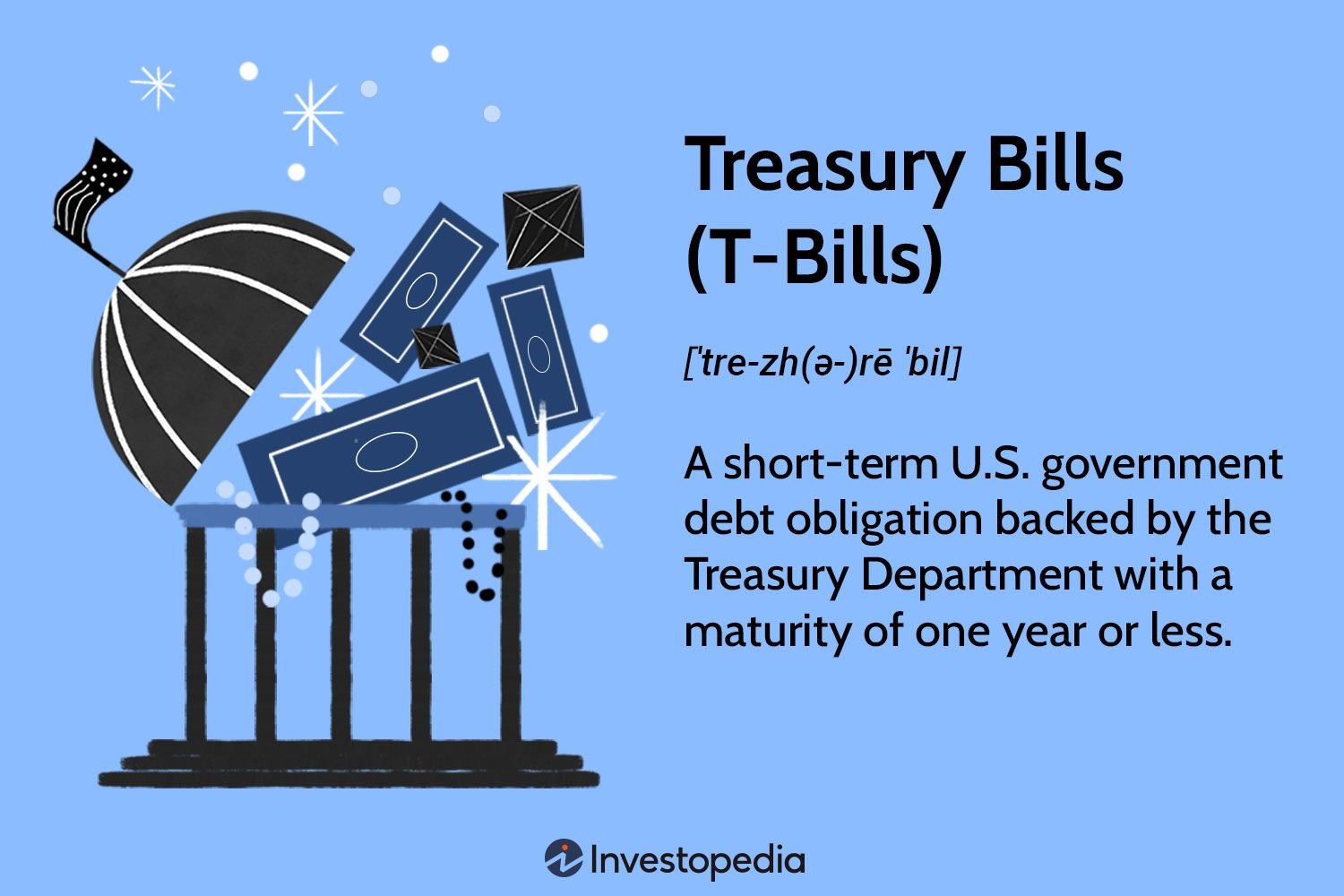Curious about offshore accounts and their legality? You’ve come to the right place! An offshore account refers to a bank account held in a foreign country by a non-resident individual or entity. While the concept might sound complex, understanding its nuances and legal implications is crucial in today’s global financial landscape. In this article, we will delve into what an offshore account entails and explore its legal aspects, shedding light on its potential benefits and considerations. Let’s dive in!
What is an Offshore Account and Its Legality
An offshore account refers to a bank account held outside one’s country of residence. These accounts are established in offshore financial centers, which are jurisdictions that offer favorable financial regulations and tax benefits to individuals and businesses. While offshore accounts are often associated with negative connotations due to their potential for misuse, they can also serve legitimate purposes and be entirely legal. In this article, we will explore the concept of offshore accounts, their legality, and the various factors associated with them.
The Purpose of Offshore Accounts
Offshore accounts are primarily used for:
1. Asset Protection: Some individuals choose to hold their assets offshore to protect them from potential risks and legal judgments in their home country. By placing their assets in jurisdictions with strong privacy laws and robust asset protection frameworks, they aim to safeguard their wealth from creditors and legal disputes.
2. Tax Planning: Offshore accounts can provide tax advantages for individuals and businesses. Certain jurisdictions have low or no tax regimes, allowing investors to legally reduce their tax liabilities. This is often achieved through strategies such as tax deferral, tax optimization, and tax exemptions.
3. International Business: Companies engaged in international trade often utilize offshore accounts to streamline their financial operations. These accounts facilitate transactions in multiple currencies, allow for easier cross-border transactions, and provide access to international banking services.
4. Confidentiality: Offshore jurisdictions often offer high levels of financial privacy and confidentiality. This can be appealing to individuals who prefer to keep their financial affairs discreet, protecting their personal or business interests from prying eyes.
The Legality of Offshore Accounts
The legality of offshore accounts hinges on various factors, including the individual’s country of residence, the purpose of the account, and adherence to applicable laws and regulations. It is important to note that not all offshore accounts are illegal or associated with tax evasion. Many individuals and businesses utilize offshore accounts for legitimate purposes, such as tax planning or international trade.
While offshore accounts themselves are legal, it is crucial to comply with the tax regulations and reporting requirements in the individual’s home country. Failing to disclose offshore holdings or report income generated from these accounts can lead to serious legal consequences. Tax authorities worldwide have been increasing their efforts to combat tax evasion and enforce compliance with transparency initiatives such as the Common Reporting Standard (CRS) and the Foreign Account Tax Compliance Act (FATCA).
Factors Affecting the Legality of Offshore Accounts:
1. Tax Residence: The tax laws governing offshore accounts largely depend on an individual’s tax residence. Each country has its own set of rules and regulations regarding the taxation of foreign income, assets held abroad, and reporting requirements. Understanding these laws and fulfilling tax obligations is essential to maintain the legality of offshore accounts.
2. Source of Funds: The legitimacy of funds deposited into an offshore account is another critical factor. It is imperative to ensure that the funds deposited are derived from legal sources and that they have been appropriately reported and taxed.
3. Compliance with Reporting Requirements: Many countries require individuals to disclose their offshore assets and income through annual reporting obligations. Failing to meet these requirements can result in severe penalties or even criminal charges. It is essential to stay informed about the reporting obligations in one’s country of residence and comply with them diligently.
Transparency Initiatives and Regulatory Framework:
In recent years, there has been a global push towards greater transparency and cooperation in matters of taxation. International agreements and initiatives aim to prevent tax evasion, money laundering, and other financial crimes. Some notable initiatives include:
1. Common Reporting Standard (CRS): The CRS, developed by the Organisation for Economic Co-operation and Development (OECD), facilitates the automatic exchange of information between participating jurisdictions. Under the CRS, financial institutions are required to report account information of foreign residents to their respective tax authorities. This information is then shared with the tax authorities of the account holders’ countries of residence.
2. Foreign Account Tax Compliance Act (FATCA): Introduced by the United States, FATCA requires foreign financial institutions to report information about U.S. account holders to the Internal Revenue Service (IRS). Failure to comply with FATCA can lead to financial penalties and potential exclusion from the U.S. financial system.
3. Anti-Money Laundering (AML) Regulations: Offshore financial centers have implemented stringent AML regulations to prevent money laundering and the illicit flow of funds. These regulations require financial institutions to conduct thorough due diligence and maintain records of their clients’ identities and transactions.
Seeking Professional Advice
Given the complexity and evolving nature of offshore account regulations, it is prudent to seek professional advice from tax experts, lawyers, or financial advisors with expertise in international tax and offshore structures. They can provide guidance on the legal and compliant use of offshore accounts while ensuring one’s financial affairs remain in accordance with applicable laws.
In conclusion, offshore accounts can be a legitimate financial tool used for various purposes such as asset protection, tax planning, and international business. While their legality depends on factors such as tax residence, compliance with reporting obligations, and adherence to international regulations, it is essential to maintain transparency and ensure compliance with the laws of one’s country of residence. Seeking professional advice can help navigate the intricacies of offshore accounts and ensure lawful utilization while maximizing their benefits.
Is Offshore Banking Legal?
Frequently Asked Questions
Frequently Asked Questions (FAQs)
What is an offshore account and how does it work?
An offshore account is a financial account held in a country different from the account holder’s country of residence. It allows individuals or businesses to hold assets or conduct financial transactions outside their home jurisdiction. Offshore accounts often offer benefits such as tax advantages or increased financial privacy.
Are offshore accounts illegal?
No, offshore accounts themselves are not illegal. However, their legality depends on how they are used. While some individuals or businesses may use offshore accounts for legitimate purposes such as asset protection or international business transactions, others may engage in illegal activities like tax evasion or money laundering.
Do I have to disclose my offshore accounts to tax authorities?
Yes, in most countries, individuals and businesses are required to disclose their offshore accounts to tax authorities. The specifics of reporting depend on the jurisdiction and the individual’s or business’s tax obligations. It is essential to consult legal and tax professionals to ensure compliance with applicable laws and regulations.
What are the potential benefits of having an offshore account?
Having an offshore account can offer several potential benefits, such as tax optimization, asset protection, financial privacy, and access to international investment opportunities. However, it is important to note that the benefits and applicable regulations may vary depending on the jurisdiction and individual circumstances.
How can I open an offshore account?
The process of opening an offshore account typically involves selecting a reputable offshore bank or financial institution, providing the necessary identification and documentation, and complying with the account opening requirements of the chosen jurisdiction. It is recommended to seek professional advice to ensure compliance with legal and regulatory obligations.
What are the risks associated with offshore accounts?
While offshore accounts can offer certain advantages, they also come with certain risks. These risks may include potential legal and regulatory implications, tax obligations, currency fluctuations, and the possibility of fraud or scams. It is crucial to understand and evaluate these risks before considering opening an offshore account.
Are offshore accounts only for the wealthy?
No, offshore accounts are not exclusively for the wealthy. While they have been historically associated with high-net-worth individuals, offshore accounts can also be useful for businesses, entrepreneurs, and individuals seeking international financial opportunities, asset protection, or privacy.
How can I ensure the legality of my offshore account?
To ensure the legality of an offshore account, it is crucial to comply with all applicable laws and regulations. This includes proper reporting of assets, income, and any necessary taxes in the relevant jurisdictions. Consulting with legal and tax professionals specializing in offshore matters can provide guidance and ensure compliance.
Final Thoughts
An offshore account refers to a bank account held outside one’s home country. While offshore accounts are legal, their use can sometimes be associated with illegal activities, such as tax evasion or money laundering. Offshore accounts offer individuals and businesses various benefits, including financial privacy, asset protection, and potential tax advantages. However, it is crucial to comply with the legal and reporting requirements of both the home country and the offshore jurisdiction. Understanding the purpose, benefits, and regulations surrounding offshore accounts is essential for individuals and businesses considering this option. By familiarizing themselves, they can make informed decisions about the legality and suitability of offshore accounts for their specific financial goals.



